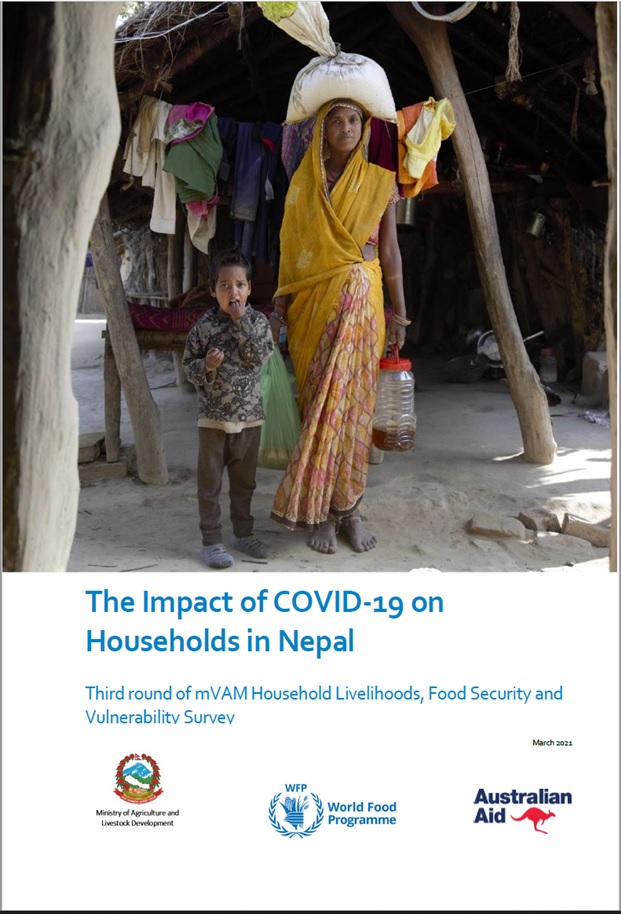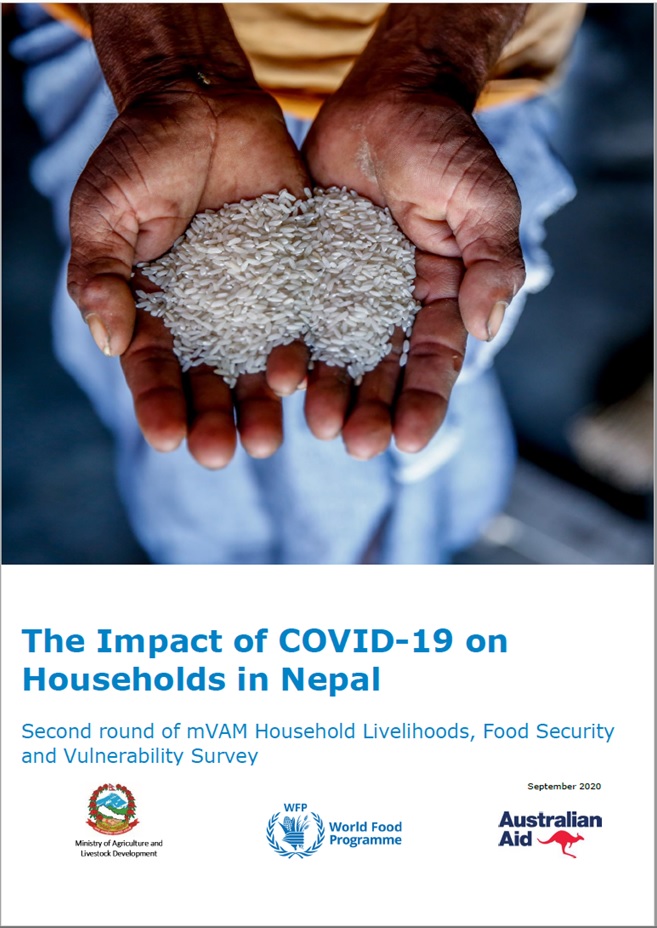Food Security Bulletin No.11
This monitoring cycle marks the primary harvesting season for paddy and maize. With some exceptions, survey participants report either no change or decreases in production due to the late monsoon earlier this year. The data indicates that the consequently delayed planting of these two major cereals contributed to lower food stocks and fewer agricultural labor opportunities in cases where less land was cultivated in the absence of sufficient irrigation. As predicted in Food Security Bulletin 10, the actual effect of the delayed monsoon rains varies and is not equally extensive or adverse in all the districts monitored. Where the impact has been adverse, households report lower food stocks than last year, with some indicating stocks will run out one to three months earlier. The survey also picked up early indications of significantly increasing labor migration rates. The food stock shortfalls might drive migration rates up across the affected districts in the months ahead.
News & Events
- Brief on the Food Security Situation in Nepal (Mid-July to mid-November 2017)
- Launch of Food Security Information System for Nepal
- Second Advance Estimate of 2016/17 Wheat Production in Nepal using CRAFT
- Brief on the food security situation in Nepal (Mid November 2016 to Mid March 2017)
- Updated NeKSAP guidance on food security response analysis and district food security monitoring

